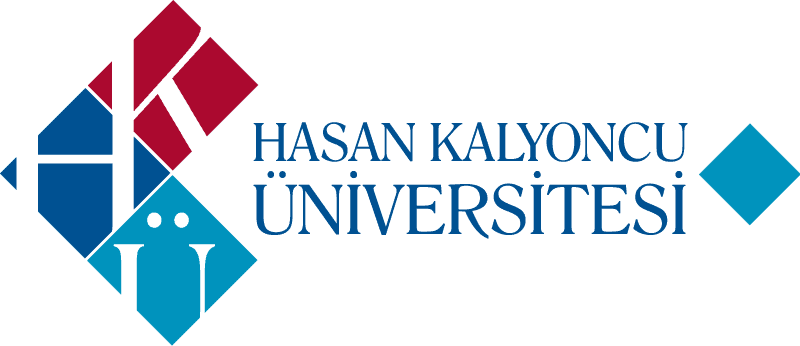İslam Felsefesinde Şehir Kavramı: Hakikat Bilgisinin Somutlaşması
╔════════════════════════════════════════════════════════════╗
║ ║
║ İslam Felsefesinde Şehir Kavramı ║
║ Hakikat Bilgisinin Somutlaşması ║
║ ║
║ Yazar(lar): Prof. Dr. Ömer TÜRKER ║
║ Yayımlandığı Dergi: Süleyman Demirel Üniversitesi ║
║ İlahiyat Fakültesi Dergisi ║
║ Cilt ve Sayı: Sayı 31 ║
║ Sayfa Numarası: 49-57 ║
║ ║
╚════════════════════════════════════════════════════════════╝
Özet:
İslam felsefe geleneğinde, Fârâbî’den itibaren toplum ve şehir yönetimi, hakikat bilgisinin somutlaşması olarak görülmüştür. Buna göre, bir peygamber veya filozof-kral, aklî bilgiyi duyulur formlara dönüştüren “mütehayyile gücü” sayesinde toplumu ve şehri organize ederek yönetir. Şehrin her birimini kapsayan bu yönetimin asıl hedefi, bireylerin kişisel kabiliyetlerini geliştirmelerine ve teorik ile pratik bakımlardan yetkinleşerek metafizik ilkeyle (Faâl Akıl) doğrudan ilişki kurmalarına olanak sağlayan bir yapılanma oluşturmaktır. Bilgi ve erdemin hâkimiyeti olarak nitelendirilebilecek bu yönetim şekli, bireylerin filozofluğa yükselmesi veya yetkinleşme süreçlerine uygun yasaların konulmasını gerektirir. Böylece, şehir yönetimi esas olarak bilgi, erdem, yasa ve yetkinleşme kavramları etrafında şekillenir. Bu düzen, toplumun metafizik ve burhânî ilimler doğrultusunda tanzim edilmesini amaçlar. Makalede, Fârâbî özelinde İslam filozoflarının burhânî bilimleri şehir veya devlet yönetimine nasıl dönüştürdükleri tartışılmaktadır.
Abstract:
The administration of city or society has been considered as embodiment of knowledge of truth in Islamic philosophy since Fârâbî. Accordingly, a prophet or philosopher-king organizes and administers the society and the city with the power of *mutahayyila*, which transforms rational knowledge into sensible forms. The main goal of the administration is to establish a settlement that improves the personal capacities of individuals and makes a direct connection to the Active Intellect possible. Therefore, we can call the administration of a city the ‘domination of knowledge and virtue.’ This administration necessitates determining the stages between the ordinary person and philosopher and laying down laws. Hence, the administration of a city is essentially considered in the context of knowledge, virtue, law, and *entelekheia*. This involves organizing society according to the data of apodeictic sciences, especially metaphysics. While metaphysics serves as the final cause of the city by providing the general concept of being and the ultimate goal, the other sciences offer secondary goals and *entelekheia* in the process of perfectness. In this article, I will discuss how Islamic philosophers transform apodeictic sciences into the administration of the city or state in the context of al-Farabi’s philosophy.
Makalenin tamamını okumak için buraya tıklayınız. İSLAM FELSEFESİNDE ŞEHİR KAVRAMI HAKİKAT BİLGİSİNİN
E-posta: omer.turker@marmara.edu.tr
